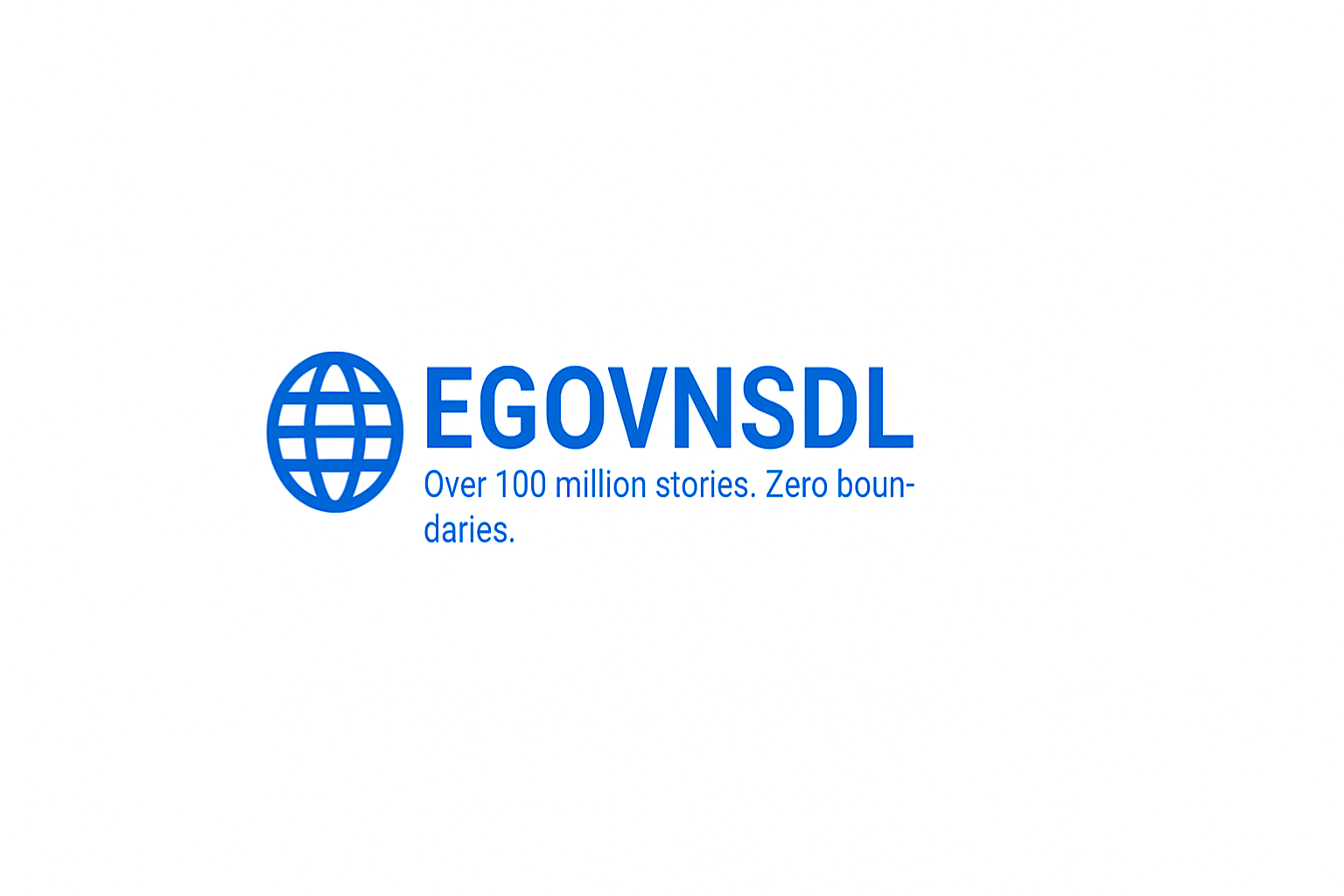Telegram co-founder Pavel Durov criticizes the French government's regulatory actions against internet companies, warning that they could harm the country's economic growth for decades. Durov argues that using criminal investigations instead of clear guidelines will deter investment and stifle innovation, emphasizing the importance of freedom of speech in the tech industry.
Pavel Durov Critiques French Regulations, Warns of Economic Consequences


Telegram Co-Founder Pavel Durov Criticizes French Regulations on Internet Companies
In a recent statement, Pavel Durov, the co-founder of Telegram, expressed strong criticism of the French government's approach to regulating internet companies. Durov warned that the actions taken by French bureaucrats could have long-lasting negative effects on the country's economic growth. His remarks highlight the growing tension between tech companies and government regulations in Europe.
The Impact of Regulation on Economic Growth
Durov's comments come in response to the French government's increasing scrutiny of social media platforms, particularly concerning data privacy and user rights. He stated, “French bureaucrats are waging a crusade against freedom of speech and technological progress.” This assertion underscores his belief that the government’s heavy-handed approach could stifle innovation and deter investment in the tech sector.
The crux of Durov's argument is that using criminal investigations as a means to regulate internet companies creates an environment of uncertainty and fear. This uncertainty can lead potential investors to think twice before committing resources to the French market, potentially stifling the growth of the tech industry and limiting job creation. Durov's concerns resonate with many in the tech community who fear that overregulation could hinder the progress and development of innovative technologies.
Recent Investigations into Social Media
Durov's remarks were partly inspired by reports that France had initiated an investigation into the possible illegal use of data on the social media platform X (formerly Twitter). This investigation reflects a broader trend in Europe, where governments are increasingly focused on data privacy and the protection of user rights. While these goals are commendable, Durov argues that the methods employed—namely, criminal investigations—are counterproductive.
The investigation into X is emblematic of a larger phenomenon in which European governments are intensifying their scrutiny of tech giants. The European Union's General Data Protection Regulation (GDPR), for example, has set a high standard for data protection, but it has also created a complex regulatory environment that companies must navigate. Durov's position is that these regulations should not come at the cost of technological innovation and economic growth.
Freedom of Speech and Innovation
A significant aspect of Durov's critique revolves around the concept of freedom of speech. He contends that excessive regulation can lead to censorship and the suppression of diverse viewpoints. By creating an environment where companies fear legal repercussions, governments risk stifling the open exchange of ideas that is essential for innovation.
Durov's defense of freedom of speech is particularly relevant in the context of social media platforms, which serve as modern public squares where people can express their opinions and engage in discussions. He argues that when governments impose legal constraints on these platforms, they inadvertently undermine the very principles that allow for a vibrant and innovative digital landscape.
The Broader Context of Tech Regulation
Durov's comments come amid a global conversation about the regulation of tech companies. In the United States, for instance, lawmakers are grappling with how to hold tech giants accountable for issues ranging from data privacy to misinformation. Similarly, in the EU, regulatory bodies are increasingly focused on ensuring that companies adhere to strict guidelines that protect user rights and promote transparency.
However, Durov's critique serves as a cautionary tale for regulators worldwide. The challenge lies in finding a balance between protecting consumers and fostering an environment conducive to innovation and economic growth. As Durov pointed out, employing punitive measures may drive investment away rather than enhance user protections.
A Call for Clear Guidelines
In his statements, Durov advocates for the establishment of clear and transparent guidelines for internet companies, rather than relying on criminal investigations. He argues that a collaborative approach—where tech companies work with regulators to create fair and effective rules—would be more beneficial for all parties involved.
Establishing a framework that encourages innovation while safeguarding user rights is crucial. By fostering a cooperative relationship between the government and tech companies, France could create an environment that not only attracts investment but also supports the growth of a thriving digital economy.
Conclusion
Pavel Durov's critique of the French government's regulatory approach to internet companies underscores the complexities of balancing freedom of speech, user protection, and economic growth. As governments navigate the challenges posed by rapidly evolving technology, Durov's call for clear guidelines and a collaborative approach serves as a reminder of the importance of fostering an environment that encourages innovation.
The outcome of these regulatory efforts will have lasting implications for the tech landscape in France and beyond. As the conversation continues, it is essential for policymakers to consider the potential impact of their actions on the future of technological progress and economic development.

 বাংলা
বাংলা  Spanish
Spanish  Arabic
Arabic  French
French  Chinese
Chinese 



